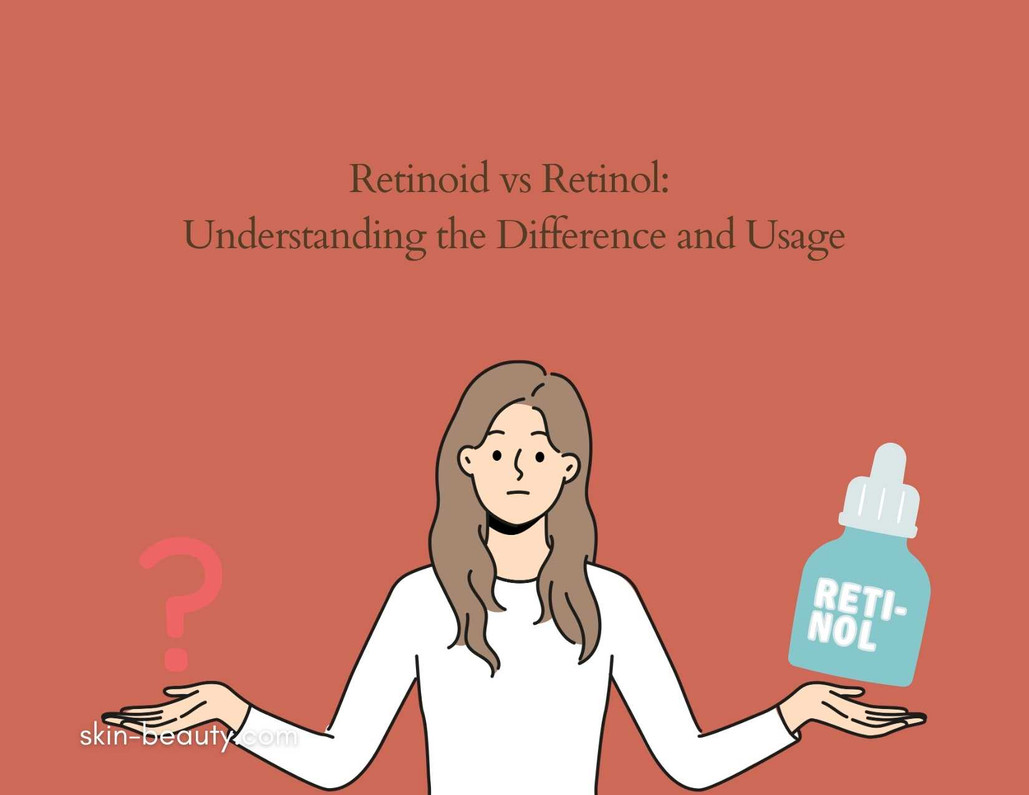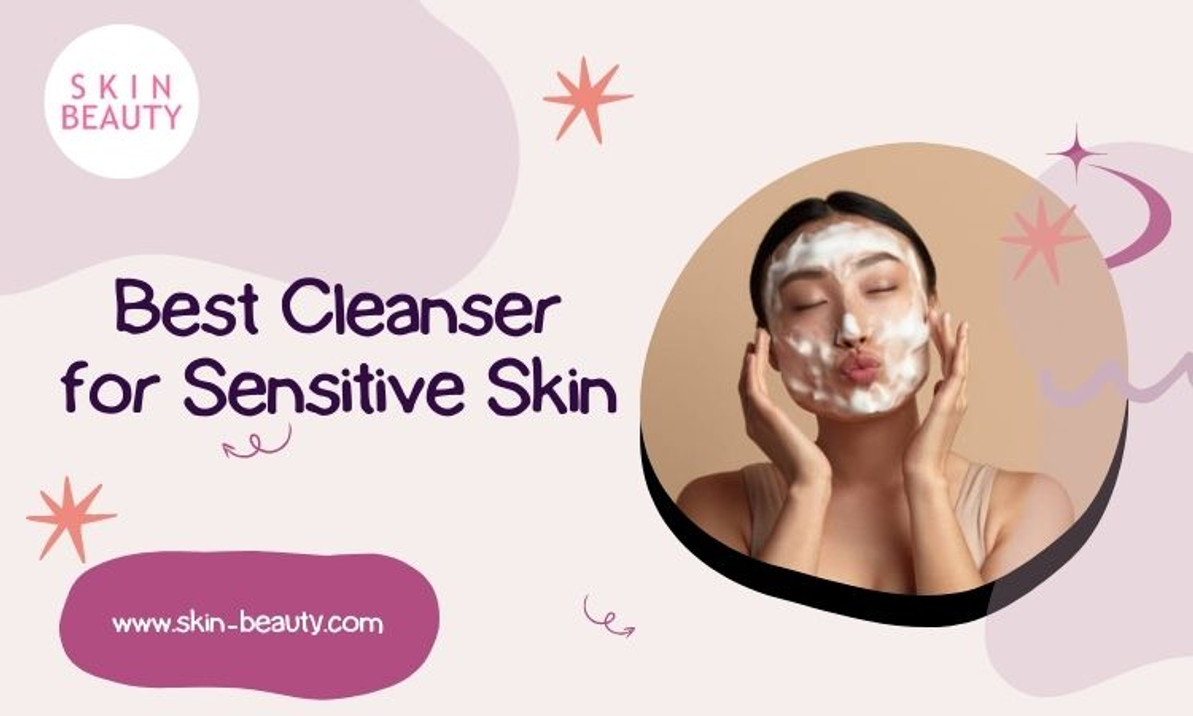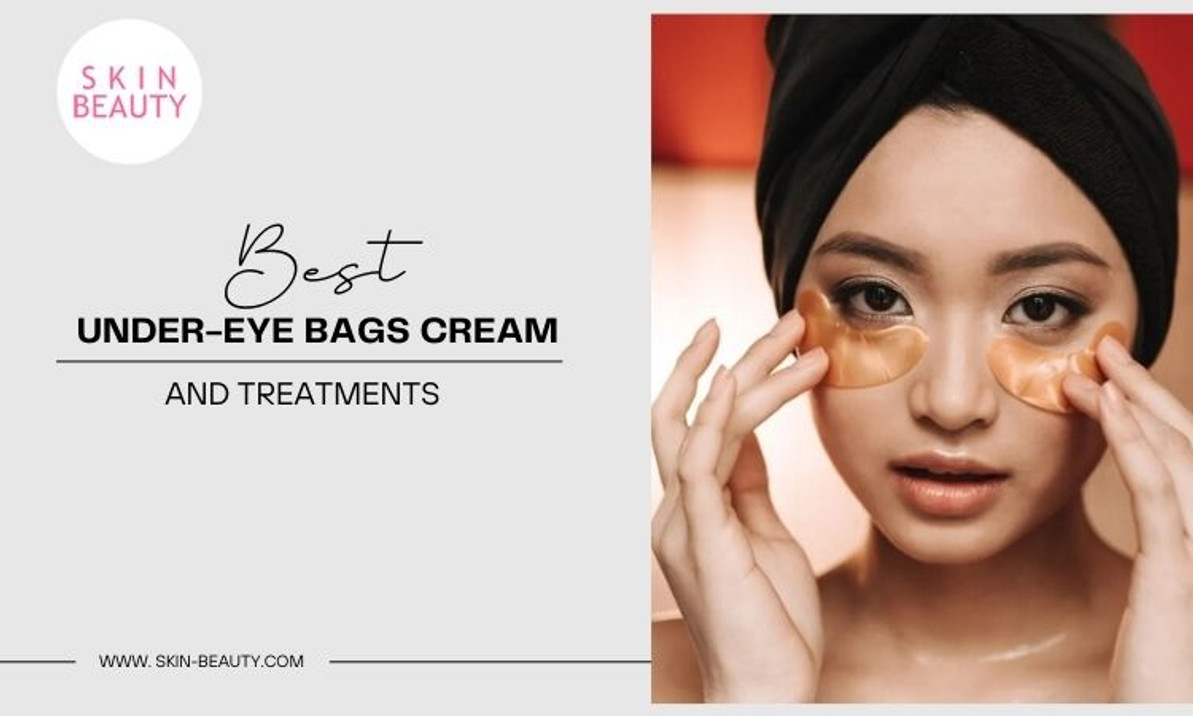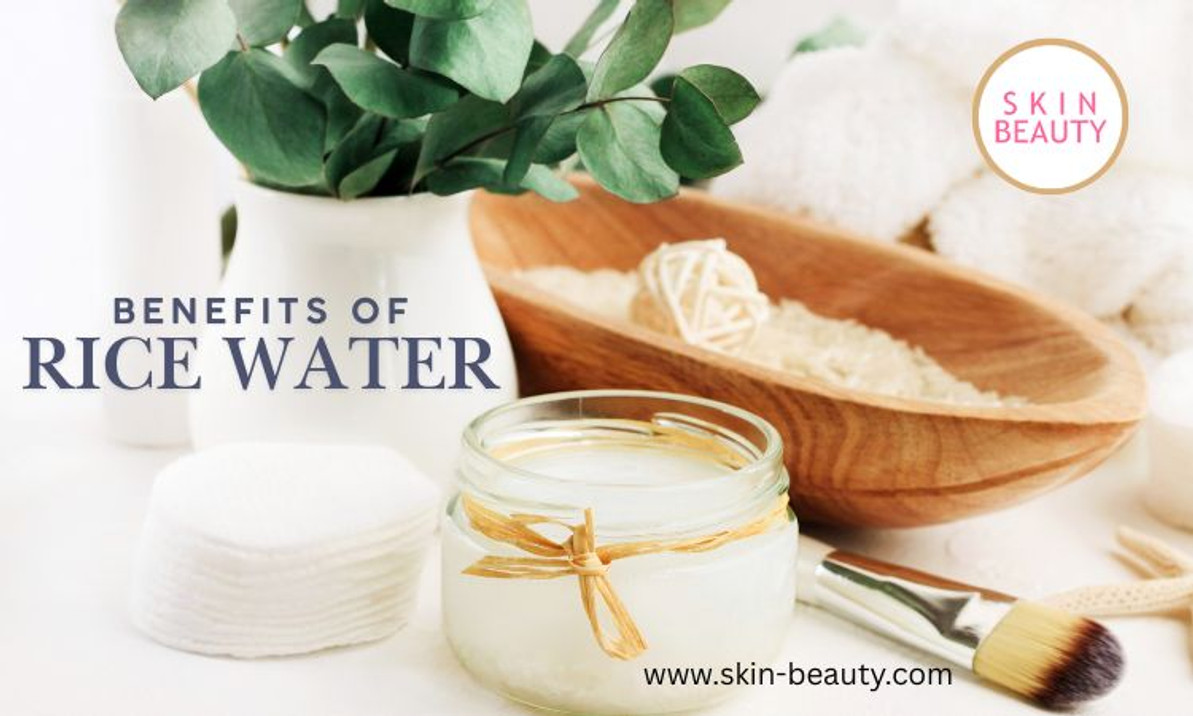Retinoid vs Retinol
Retinoid vs Retinol: Understanding the Difference and Usage
When it comes to skincare, the terms retinoid and retinol are often used interchangeably, but they are not the same. Understanding the difference and how to use them can make a significant difference in addressing various skin concerns. This article aims to delve deeper into the disparity between retinoids and retinol, their benefits, usage, potential side effects, and who should incorporate them into their skincare routine.
What is the difference between retinoid and retinol?

Retinol and retinoid, both derivatives of vitamin A, are powerful ingredients with various skincare benefits. Retinol, an over-the-counter form of vitamin A, is converted by the skin into retinoic acid, a compound that influences skin cell behavior and can improve a range of skin concerns. On the other hand, retinoid is a broader term that encompasses all topical and oral prescription-strength forms of vitamin A, including retinoic acid, retinaldehyde, and tretinoin.
Understanding retinol and its benefits
Retinol is popular for its anti-aging properties, as it can help reduce the appearance of fine lines and wrinkles. It works by stimulating collagen production, which ultimately improves the skin's firmness and elasticity. Additionally, retinol can aid in reducing dark spots and addressing pigmentation issues, resulting in a more even skin tone.
Understanding retinoid and its benefits
Retinoids, including prescription-strength tretinoin and adapalene, are renowned for their effectiveness in treating acne. They work by preventing the formation of acne lesions, regulating skin cell turnover, and reducing inflammation. Moreover, retinoids have been proven to contribute to the overall improvement of skin texture and tone.
How do retinol and retinoid differ in terms of strength and effectiveness?
When comparing retinol to prescription-strength retinoids, it's important to note that the latter tends to be more potent and effective in addressing specific skin concerns, such as severe acne or deep wrinkles. While retinol can deliver noticeable results, prescription retinoids are often recommended for individuals with more prominent skin issues.
How do retinoids and retinol work on the skin?

The mechanism of action of retinol involves its conversion into retinoic acid, which then interacts with skin cells, promoting collagen production and enhancing cell turnover. This process results in smoother, plumper skin with diminished fine lines and improved texture.
For retinoids, including tretinoin and adapalene, their mechanism of action primarily focuses on regulating skin cell turnover, preventing the formation of acne lesions, and reducing inflammation. These effects contribute to overall clearer, healthier-looking skin.
Benefits of using retinoids and retinol in skincare
Both retinoids and retinol offer numerous benefits, including the promotion of collagen production, improved skin texture and tone, and the potential reduction of acne lesions and the appearance of fine lines and wrinkles. Incorporating these ingredients into a skincare routine can lead to noticeable improvements in overall skin health and appearance.
What are the potential side effects of using retinoids and retinol?

While retinoids and retinol can deliver remarkable results, they may also cause some skin irritations, especially when used in higher concentrations or frequency. Common side effects include redness, dryness, and peeling, particularly during the initial stages of usage.
Common skin irritations caused by retinoid and retinol
Some individuals may experience heightened sensitivity, redness, and flakiness when initially incorporating retinoids or retinol into their skincare routine. These effects often subside as the skin gradually acclimates to the ingredients.
Addressing concerns about dryness and irritation
To mitigate the risk of excessive dryness and irritation, it is essential to start with a lower concentration of retinoids or retinol and gradually increase usage as tolerated by the skin. Additionally, incorporating a moisturizer and sunscreen in the skincare routine can help alleviate potential dryness and protect the skin from sun damage.
Precautions to prevent hyperpigmentation and pore congestion
Individuals with concerns about hyperpigmentation or pore congestion should be cautious when using retinoids and retinol. Proper sun protection and regular exfoliation can assist in preventing these issues and maintaining healthy, clear skin.
Who should use retinoids and retinol?

Retinoids and retinol can benefit individuals with various skin concerns. For those with acne-prone skin, retinoids are particularly effective in preventing and treating acne lesions. Additionally, individuals concerned with the appearance of fine lines and wrinkles can benefit from incorporating retinol into their skincare routine.
Benefits for individuals with acne-prone skin
For individuals with acne-prone skin, retinoids, such as tretinoin and adapalene, can significantly aid in reducing acne lesions and preventing future breakouts, resulting in clearer and smoother skin.
Anti-aging benefits for individuals concerned with wrinkles and fine lines
Retinol is an excellent choice for those seeking to diminish the appearance of fine lines and wrinkles, enhance skin firmness, and achieve a more youthful complexion. Its collagen-boosting properties can contribute to visibly smoother and plumper skin over time.
The role of dermatologists in recommending retinoids and retinol
When considering the use of retinoids and retinol, consulting with a board-certified dermatologist is crucial, especially for individuals with sensitive skin or specific skin concerns. Dermatologists can provide personalized recommendations and guidance on the ideal products and usage for individual skin types.
How to incorporate retinoids and retinol into your skincare routine?
When incorporating retinoids and retinol into a skincare routine, it is imperative to understand the appropriate concentration and frequency of use for optimal results while minimizing potential side effects. Additionally, choosing the right retinol product for over-the-counter use is essential for achieving desired outcomes.
Understanding the right concentration and frequency of use
Starting with a lower concentration of retinoids or retinol and gradually increasing usage can help the skin acclimate to the ingredients, reducing the likelihood of irritation. It is advisable to use these products as directed or recommended by a dermatologist for best results.
Choosing the right retinol product for over-the-counter use
When selecting over-the-counter retinol products, it is crucial to consider the product's formulation, concentration, and additional ingredients to ensure compatibility with individual skin types and concerns. Additionally, incorporating a quality moisturizer and sunscreen can help offset potential dryness and protect the skin from sun damage.
Combating potential irritation and dryness when using retinoids
To address potential irritation and dryness while using retinoids, integrating a gentle skincare routine and products can significantly alleviate discomfort. It is also essential to prioritize skin hydration and sun protection to maintain a healthy skin barrier.
Recent Posts
-
Best Face Wash for Sensitive Skin
My Journey to Finding the Best Face Wash for Sensitive Skin If you’re reading this, you probab …Apr 22nd 2025 -
Best Under-Eye Bags Cream and Treatment
Best Under-Eye Bags Cream and Treatment Do you have the dreaded under-eye bags that make you look l …Apr 14th 2025 -
Rice Water for Skin Benefits
Rice Water for Skin Benefits Rice water for skin has become a viral beauty trend that is supposed t …Apr 4th 2025




